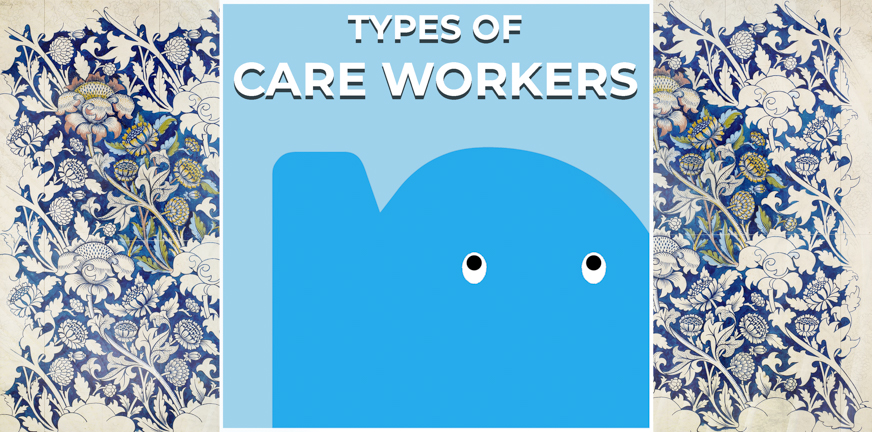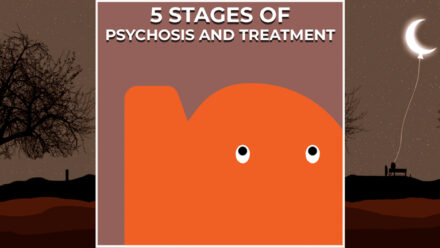
Finding help can be pretty difficult sometimes. Where to begin? And what kind of help do you need? In most cases, it’s best to go to your general practitioner first. Your GP can tell you about your options and get you in touch with the right kind of care worker, if needed. For treatment of psychosis or mood disorder, you can be referred to specialised care. For instance, in a mental health care facility.
General practitioner (GP)
For both physical and psychological problems, your general practitioner (GP) is the first person to go to. You can come to them with any kind of question about your health and talk about any problems you are having. You and your GP can discuss together what the best solution is. In case of mild problems, your GP can offer treatment himself, but usually you are referred to a practical assistant, specialised in mental health care. The assistant can provide brief treatment and sometimes offer some form of online therapy.
For more serious problems, such as psychosis or mania, your GP can refer you to a mental health care provider. This could be a mental health clinic, but also an (independent) psychologist or psychiatrist.
Psychologist
A psychologist is a university-schooled professional specialised in human behaviour, feelings and thoughts. Psychologist is not a protected title, so anybody who studied psychology can call themselves a psychologist. Healthcare psychologist, clinical psychologist, clinical neuropsychologist and psychotherapist are regulated professions with protected titles in most countries. This means their titles can only be used legally when the professional meets certain training criteria.
Just like a general practitioner, a psychologist finds out what the problem is, to come up with a diagnosis (if applicable) and treatment plan. A psychologist helps you through talking about your problems and suggesting exercises. Psychologists cannot prescribe medication.
Psychotherapist
A psychotherapist is a psychologist or psychiatrist who has had extra training. Psychotherapists work for mental healthcare facilities, or run private practices to provide treatment and support for more complex and structural mental problems. Psychotherapy is mostly about talks between patient and care worker, in a relationship of trust. The patient can be an individual, but also a whole family or other group of people. Psychotherapeutic treatment is preferably brief, but can last as long as necessary.
Psychiatrist
A psychiatrist is a doctor who specialised in psychiatry after medical school. A psychiatrist comes to a diagnosis and treats people with psychiatric problems, such as bipolar disorder, severe depression, or psychosis. Psychiatrists are medical specialists. That means that besides talks and counselling, they can also prescribe medication, unlike a psychologist. Therefore serious psychological problems requiring medication are usually treated by a psychiatrist.
A psychiatrist often works together with other care workers, like psychologists, psychotherapists and social workers. They work in mental healthcare facilities or in outpatient clinics of general hospitals. And some psychiatrists have private practices.
CPN (community psychiatric nurse)
A CPN has finished nursing school and then specialised in psychiatric care. CPNs supports people in their recovery process, often also with practical issues related to work, education and/or housing. Most of them work as part of a care provider’s team, within EIP, (F)ACT and crisis teams. But you can also find them in admission wards.
Social worker
Social workers can help you with practical issues, such as your financial situation, finding work, housing or administrative matters. A social worker does not provide treatment for psychological problems, but can help you with managing many other aspects of life. Social workers are often connected to mental healthcare facilities and thus can be involved in your treatment. Most countries also have local Social Work Organisations, which you can contact directly (search for: social work service + your region). Support from social workers is often free and does not require a reference from your general practitioner.
Case manager
A case manager (or care adviser) ensures that a patient gets the right care and support, within and outside mental healthcare. They act like healthcare supervisors, responsible for communication among different care workers. They monitor the patient and take action when necessary. Case managers also motivate the client, and supporting and encouraging them to take the necessary steps.
Lived experience worker
A lived experience worker is someone who has personally experienced (severe) psychological problems. After special training, he/she now uses this experience to help others with similar problems. Because lived experience workers have had psychological problems themselves and can look back on their own recovery process, they understand other clients very well. Lived experience workers have a personal approach and work from a recovery support mindset. They are becoming more common at mental health care facilities. You can also find them in admission wards or EIP and (F)ACT teams.




